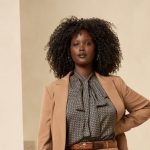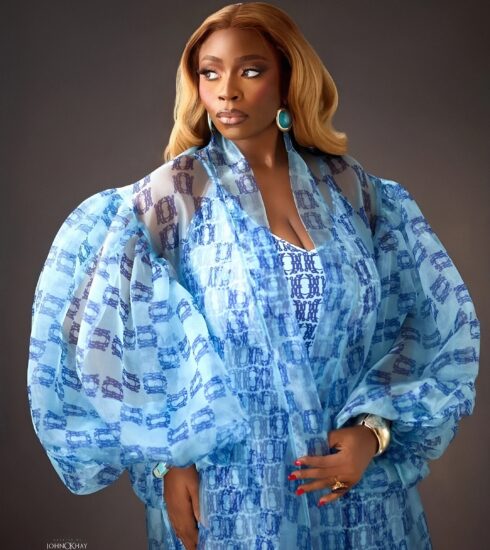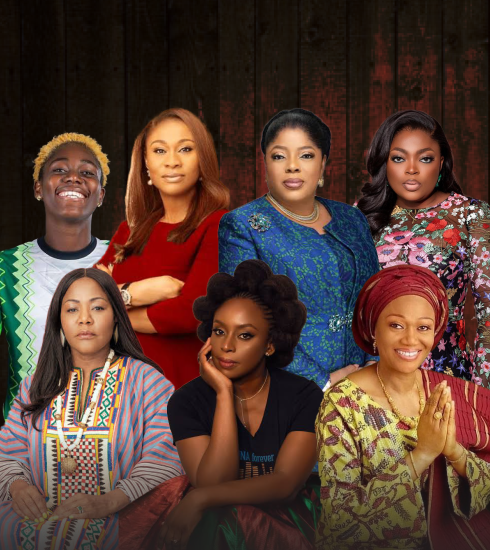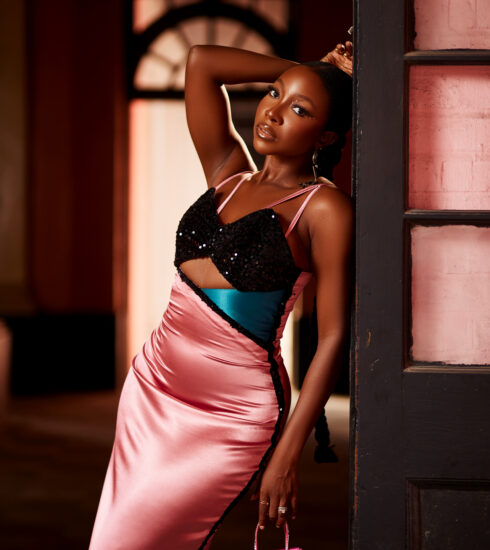Elozonam Ogbolu: Breaking Barriers in Entertainment
With creatives breaking boundaries and attaining unprecedented success, Nigeria’s entertainment sector is experiencing a renaissance. Nigerian artists are leaving a mark on the world stage with everything from award-winning movies to chart-topping music hits. In addition to winning people over, they are reinventing what it means to be a storyteller in the modern era. These creatives are shattering boundaries and establishing new benchmarks for greatness with their unwavering determination and extraordinary talent.
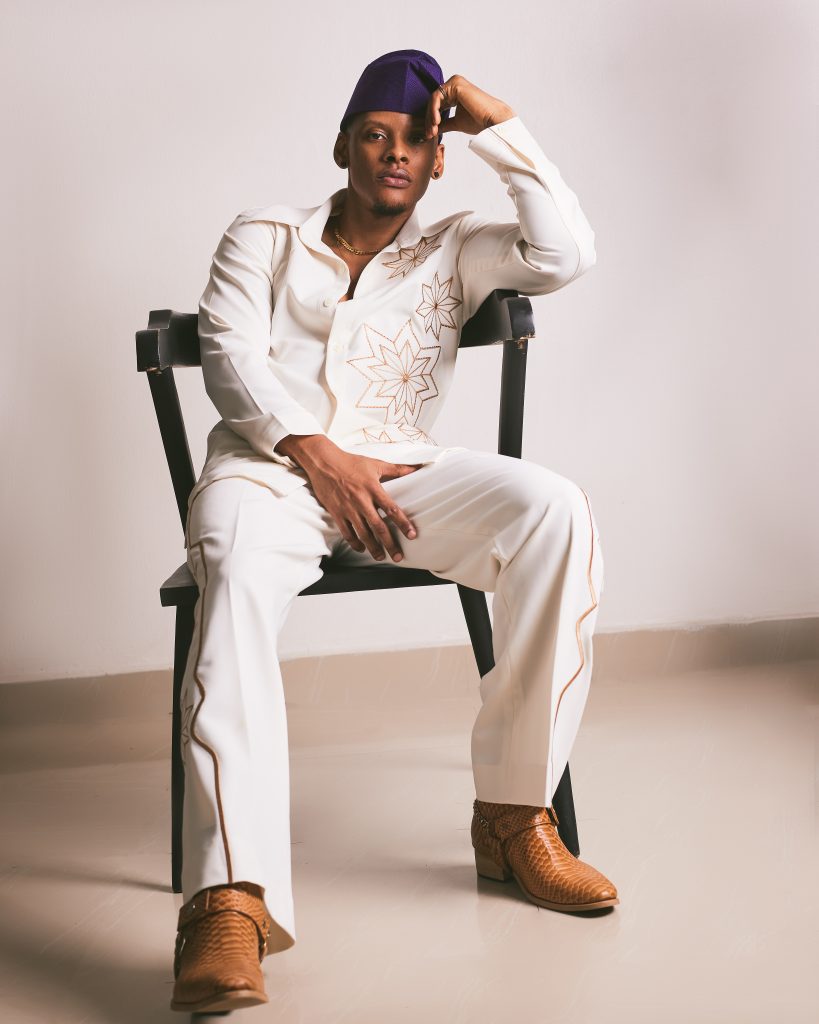 Leading this movement is Elozonam Ogbolu. He originally came to the public’s attention when he appeared as a contestant on the Big Brother Naija show, where his charisma and talent shone through. Since then, Elozonam has advanced significantly in the entertainment industry, particularly in filmmaking. So far, he has produced his own songs, taken on challenging roles, and produced captivating content that has won over many fans. His transformation from being a reality TV star to a major force in the creative industry is evidence of his commitment and foresight. Known for his captivating performances and inventive content, he has gained a reputation as a renowned personality.
Leading this movement is Elozonam Ogbolu. He originally came to the public’s attention when he appeared as a contestant on the Big Brother Naija show, where his charisma and talent shone through. Since then, Elozonam has advanced significantly in the entertainment industry, particularly in filmmaking. So far, he has produced his own songs, taken on challenging roles, and produced captivating content that has won over many fans. His transformation from being a reality TV star to a major force in the creative industry is evidence of his commitment and foresight. Known for his captivating performances and inventive content, he has gained a reputation as a renowned personality.
In this interview with THEWILL DOWNTOWN’s Dorcas Akintoye, Elozonam Ogbolu opens up about his journey and his challenges. He shares his creative process, his career’s evolution, and insights on the future of Nigerian entertainment.
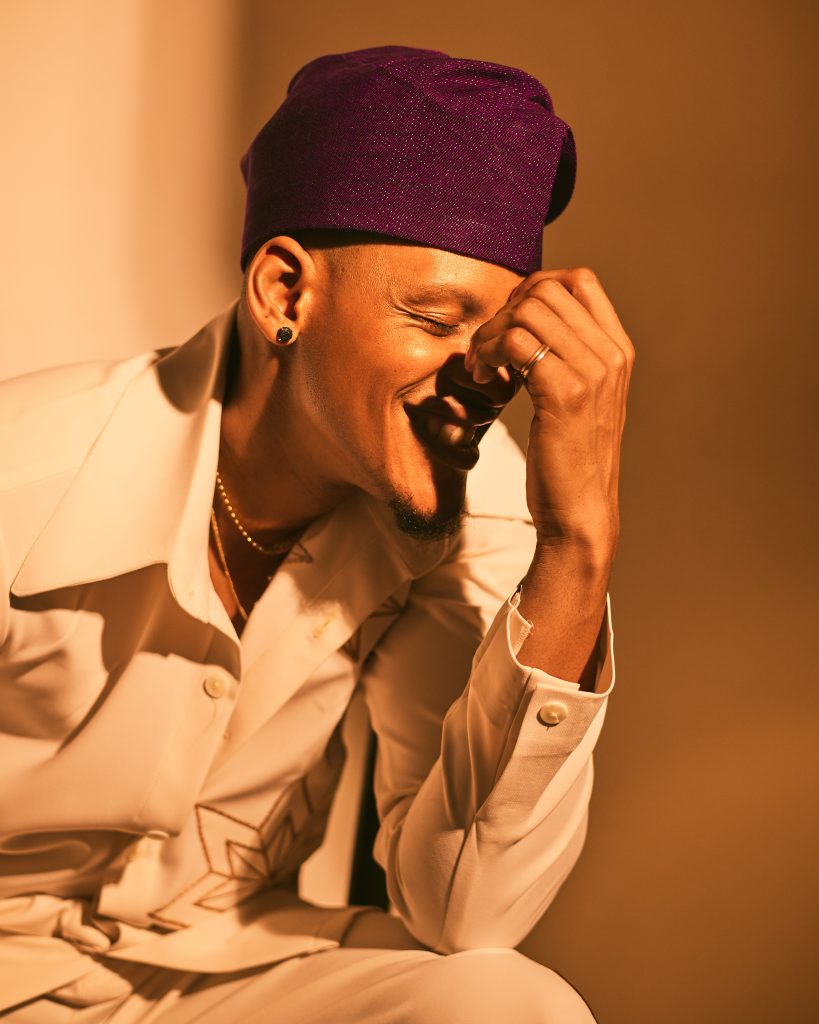 What first sparked your interest in acting and music? Was there a particular moment or influence that set you on the path?
What first sparked your interest in acting and music? Was there a particular moment or influence that set you on the path?
I can’t pinpoint a particular moment that did this. I just know that it was a combination of things my brothers and I did while growing up. We were learning how to do the arts as hobbies, making music, watching a lot of TV, a lot of movies and so on. We were exposed to pop culture at a very early age, and we were given a chance to play around with it, you know, in terms of making music and everything. I think it was when I got to school that people told me that I’m such a dramatic person I would do well in acting, but I didn’t think about it then because all I cared about was music at the time, and it was when I got into the workforce that acting became like a thing but there wasn’t a moment I went off in my head that I would like to be an actor. I think acting just sort of found me.
What do you think are the biggest challenges facing the Nigerian entertainment industry today?
I think the entertainment industry is very broad, so the music and movie industries both have their struggles, and they are very particular to each other. For instance, the music industry will take your money before it gives back, whereas in the movie industry, if you know what you’re doing and you have the right funding or even just a little money to start, you can start making some money right off the bat if you know what you’re doing. But the music industry would take from you because you would have to nurture your talent, grow a fan base, get popular, and work on exposing yourself. I think my challenges with the music industry would have to be my kind of music versus what the Nigerian market requires or needs, so that’s my challenge. There’s a lot of money that has to go into gaining exposure, and there’s the music business of things, which is different from the art of music. So I feel like a lot of artists go into music without the knowledge of the business of music, and that is where they set themselves up for failure because you can have the talent, but if you know nothing about the business of music, there’s only so much you can put yourself. Well, for the entertainment industry and in terms of movies, I think it’s the state of the Nigerian economy that’s dealing with the movie industry because the talents are there, but everything is expensive. Airbnbs to shoot your movies, indoor to outdoor locations, restaurants, and places like that to give the film a whole elevated look are costly; even if you want to shoot on the streets, you would still have to pay. Equipment is expensive, so even before you even think about telling certain types of stories, doing VFX, doing special effects, and everything all your money has gone. So making a blockbuster film like the Americans or Germans or Koreans is very expensive in Nigeria and almost inconceivable. So it’s the Nigerian economy that’s honestly ruining the movie industry.
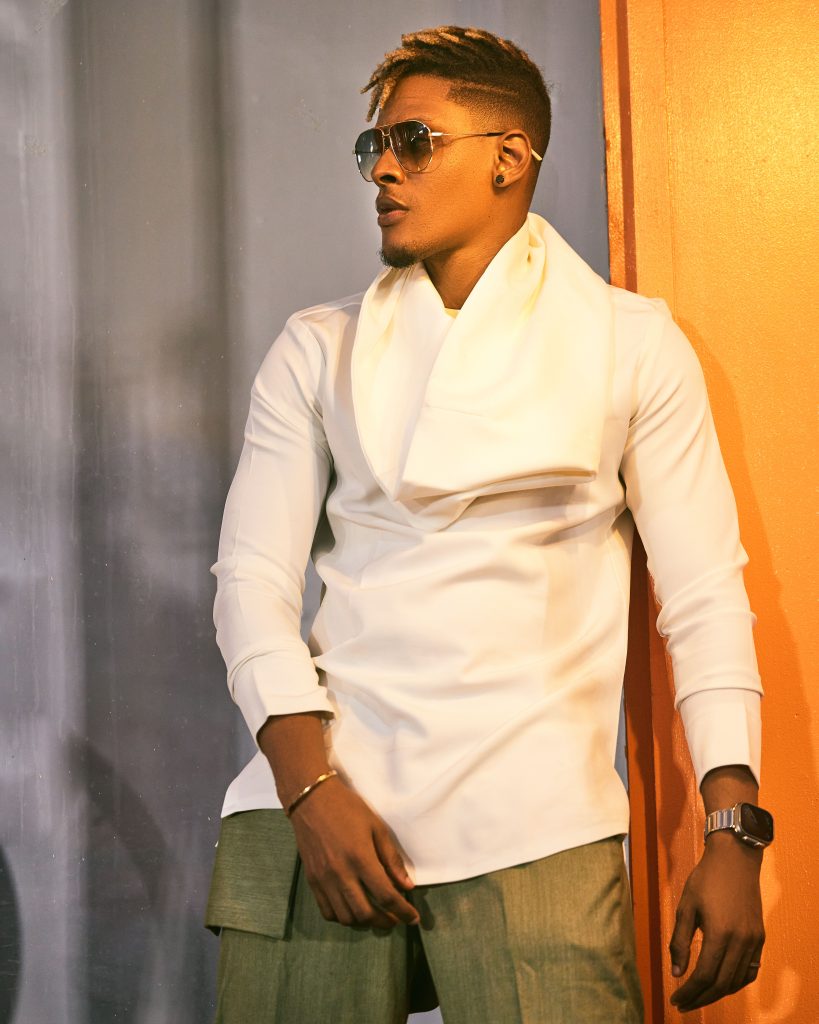 How do you deal with criticism and feedback? Do you have any strategies or mindsets that help you stay positive and focused?
How do you deal with criticism and feedback? Do you have any strategies or mindsets that help you stay positive and focused?
That one is hard because you have to not care about these things to a degree, and you still have to care because you’re creating content and like building a community, so you have to care about the people that you are catering to, and you have to also care about their feedback. The problem is that many people don’t know how to give constructive feedback. If you successfully build your community, your community will give you constructive feedback because they’re there for you. So I think it’s just left for you to understand who you’re supposed to listen to and who you’re not supposed to. You shouldn’t listen to people who throw jabs and insults; people who give you constructive feedback are the ones that you should listen to. Every once in a while, it’s okay to check some people who are just bad belle, but other times it’s just best to ignore because the minute you ignore, the very next second you’ve forgotten to be very honest and that’s personally how I handle criticism.
Who are some of your biggest influences in both music and acting and how have they shaped your approach to your craft?
My biggest influence in music would be Pharrell Williams. He has been my biggest influence in making music, right from when I was a teenager. I knew who he was and for people who have known me and my music for a long time, they know that he is my biggest thing because they can hear him in my music. In terms of filmmaking, I would say, Guy Ritchie, he’s a movie director. In terms of acting, I like a lot of Hollywood actors and a few Nollywood actors as well, but I wouldn’t say anyone of them particularly influence the way I act or how I want to portray myself on camera.
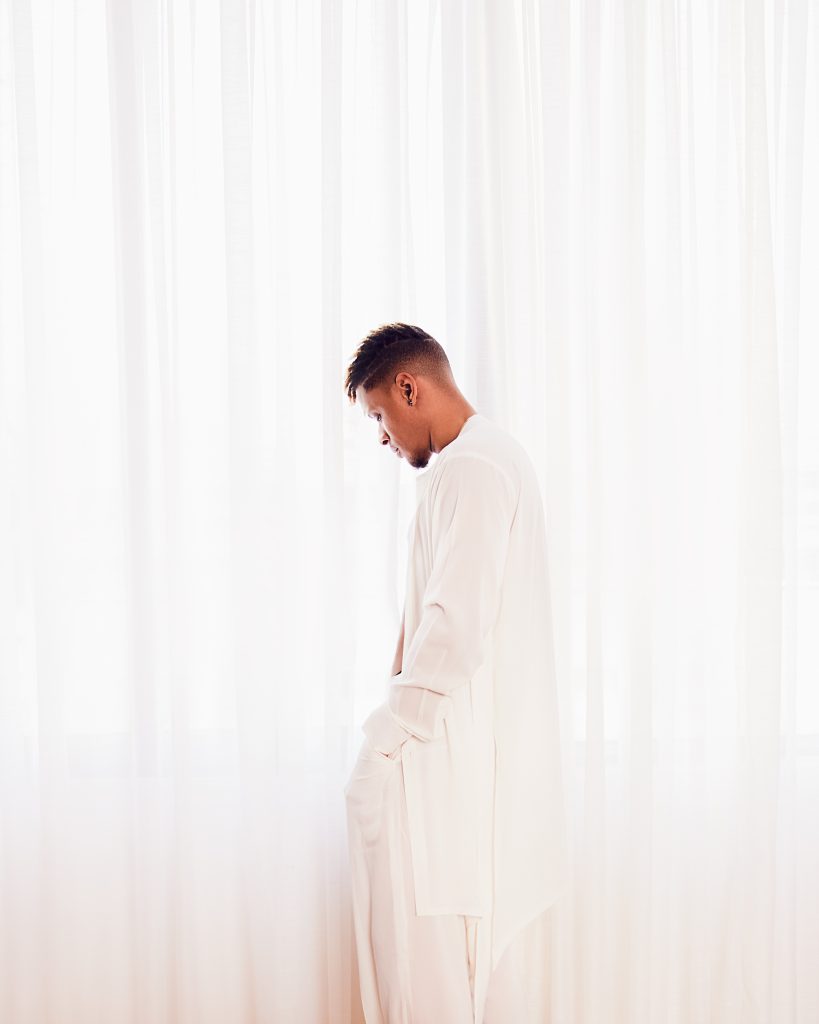 How do you navigate the evolving landscape of the music industry, particularly with the rise of digital streaming platforms?
How do you navigate the evolving landscape of the music industry, particularly with the rise of digital streaming platforms?
As we speak, I am not making music anymore. The last production I put out was in 2022, and I used social media to my advantage because I understood that I wasn’t ready to sync all I had or even all my time, energy, and everything into music. I just used all my social media from Twitter to Instagram to TikTok and Facebook to push my music out there, and so obviously. I was just catering to my community, and I feel like social media is a great way for people to actually make money from their music immediately and also gain a lot of recognition and a whole fan base from the craft.
Why did you decide to stop music?
Music takes a lot out of me to create. I recognise my strengths and weaknesses when it comes to making music, and it’s often more expensive for me to produce; I make my music when it comes to the beats and everything, and that’s time-consuming and expensive too because I don’t like writing my music, so I get people to write for me. I tell them what I want to talk about and then I record and then I send it to the mixer to mix, I pay him as well. A lot of money is been spent on creating music that you know that the returns coming back right now are not sure. So I decided to start making music for fun, and then life got real, and I started to focus my efforts on growing something else that I was more passionate about, which is filmmaking. I also realise that in life, you have to pick a struggle, you can do different things, but you have to focus on one thing at a time to properly grow exponentially because if you’re doing one or two or three things at a time, you’ll grow slowly but if you pick your focus and you focus on that thing you’d grow faster. By putting all your energy and resources into that thing, you grow faster, and that’s what I realised, so I picked one that I was more comfortable with and could do, that I felt like, you know, generated more interest for me, and that was filmmaking and I decided to stay there.
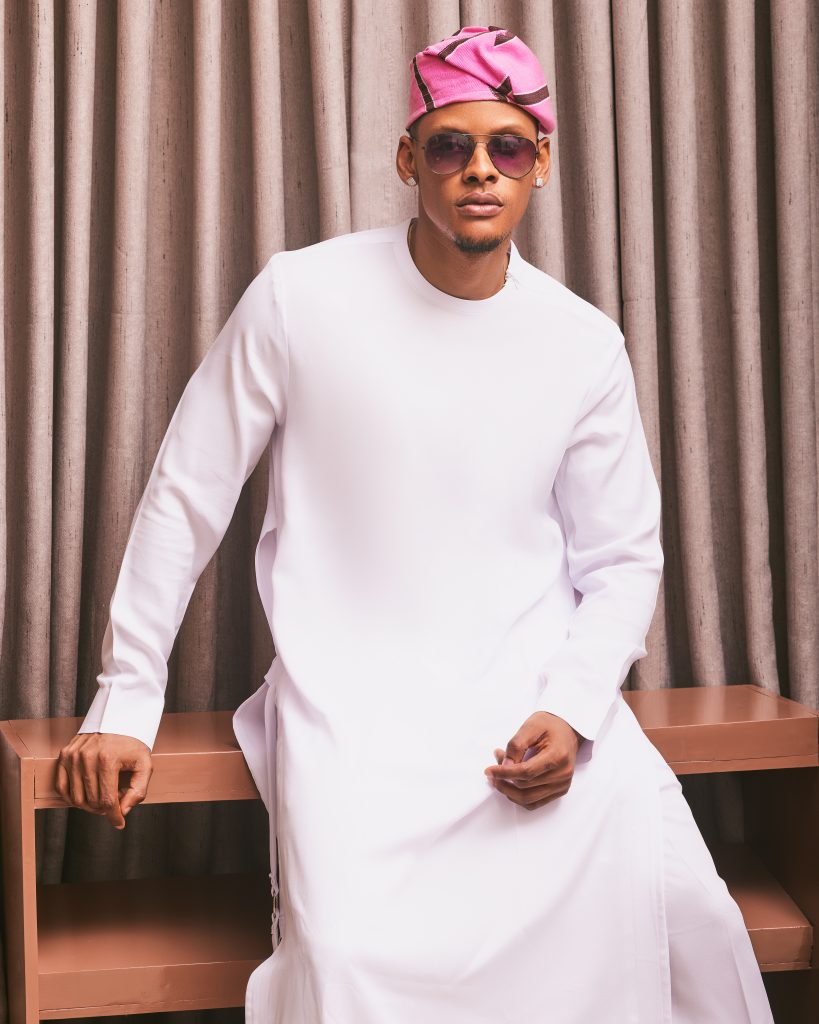
Can you discuss the importance of networking within the entertainment industry and how it has impacted your career?
Networking is great for any industry because you just never know what somebody’s looking for, if somebody’s looking for you as a craftsman, or if you don’t know what you are looking for as an employer. So networking is a great tool to get anywhere in life, to be very honest, which is why I always advise people to take the opportunity to always try to sell themselves whenever they’re out in a social space, anywhere, whether it’s an event or a dinner party. Wherever it is, just let people know what you do and how best you can do it. You never know where your next bread or your next big break will come from.
What are some of the biggest misconceptions people have about working in the entertainment industry?
Well, I don’t think you have to slip your way through the entertainment industry to actually make it or maybe kiss ass. I don’t think you have to kiss ass in the entertainment industry for you to make it. I mean, those things are general misconceptions because, to a degree, there’s no smoke without fire, but I don’t think that must happen to you before you can make it in the entertainment industry.
What impact do you think international collaborations have on the Nigerian entertainment industry?
For music, we’ve seen how Nigerian artist’s collaboration with international artists has exposed Nigerian music and African music generally to the entire world because if the likes of Davido, Wizkid, Burna Boy, weren’t striving to be on the world stage a lot of people will not know about Afrobeats and the amazing energy behind it. So I feel like collaborating with international artists and actors and everything just sheds a lot more light on the fact that Nigeria and Africa as a whole have amazing talents, and we have a rich culture when it comes to entertainment. So I encourage more international collaborations whether it is with Nigerians and other Africans or Nigerians and Africans with the rest of the world.
What steps do you think the Nigerian entertainment industry can take to improve its presence on the global stage?
In terms of music, we’re already doing the best we can to be very honest. Music video directors are doing amazing top-notch work that rivals even international music. We’ve heard how Nigerian music has evolved from the content of the music to how it is to the quality of it , so right now, I think we’re at par with any side of the world when it comes to the quality of our music. So let’s just keep doing our thing we can even surpass. In terms of movies, that’s going to be a little tricky because everything is expensive in Nigeria and until that problem is dealt with, we’re still going to struggle. Even if we put out top-quality movies they won’t be that many of them compared to how Koreans are putting out their series. Every other week, a new Korean film or series is out, and you can see the quality of the work. We cannot be that consistent in Nigeria, it’s tough because of how expensive everything is. It’s not as if we don’t have the technical know-how, we have the skills, many filmmakers in Nigeria studied abroad. They learned in the same schools that other Koreans, Americans, and Germans are learning, so the skills and the knowledge have been passed to our Nigerian filmmakers; we just don’t have the facilities or the infrastructure to be able to produce top-quality films because everything is expensive, so until that problem is dealt with then we’re still going to struggle behind.
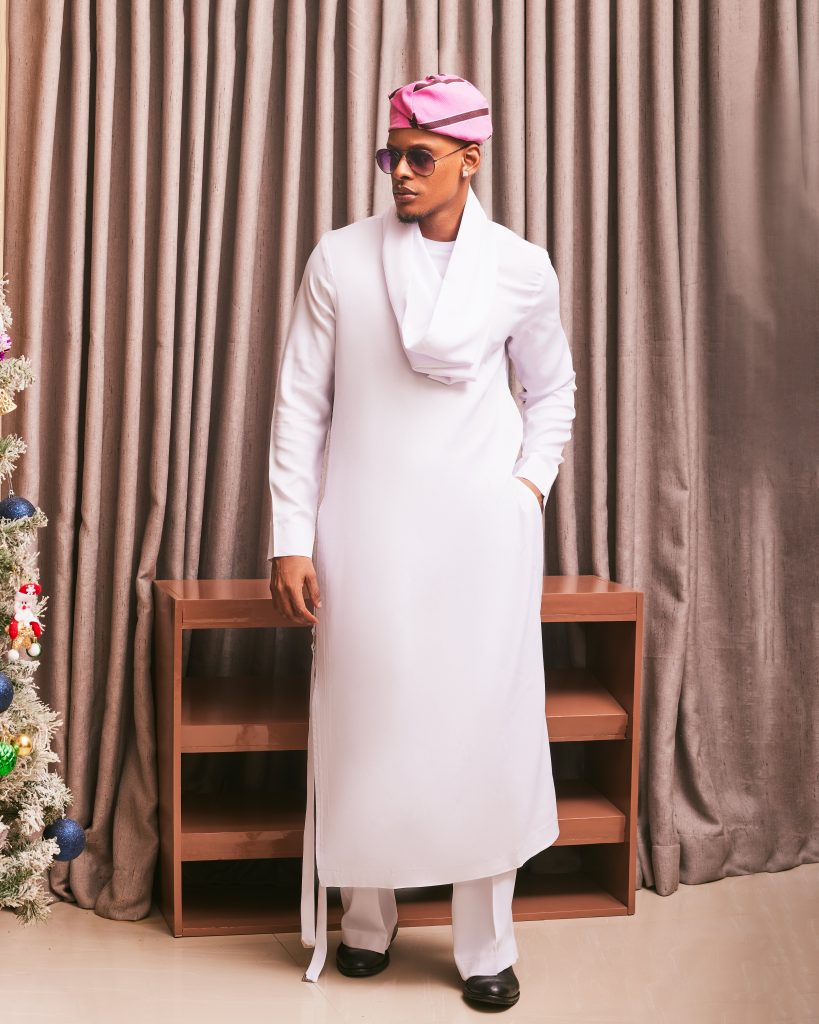 With your busy schedule, how do you stay grounded and maintain a balance between your professional and personal life?
With your busy schedule, how do you stay grounded and maintain a balance between your professional and personal life?
I think it’s about being intentional because my schedule is busy but the good thing is that it is also seasonal, so there are up times and there are down times. So during the down times, I relax and do whatever I like to do, take a break, hang out with friends, party, and engage in self-care. The good thing about my work is that it’s seasonal, so there are times that are crazy, and sometimes it’s not crazy at all. There’s just silence, and you can sit in the silence and enjoy it.

Dorcas Akintoye is a versatile writer with a passion for beauty, fashion, relationships, and culinary delight. With a keen eye for detail and a passion for storytelling, she adds a touch of elegance to every topic she explores. She is a writer at THEWILL DOWNTOWN.



